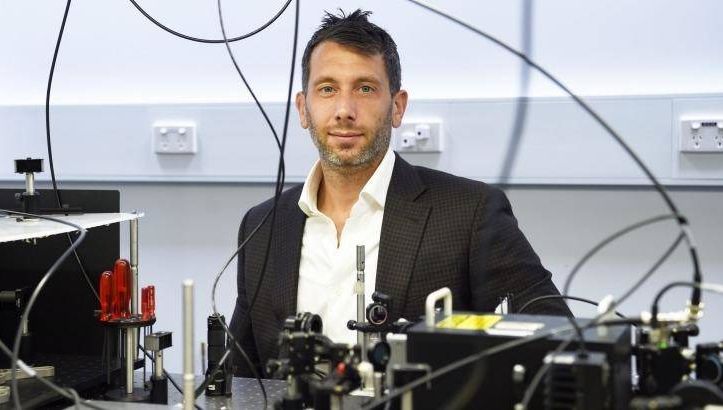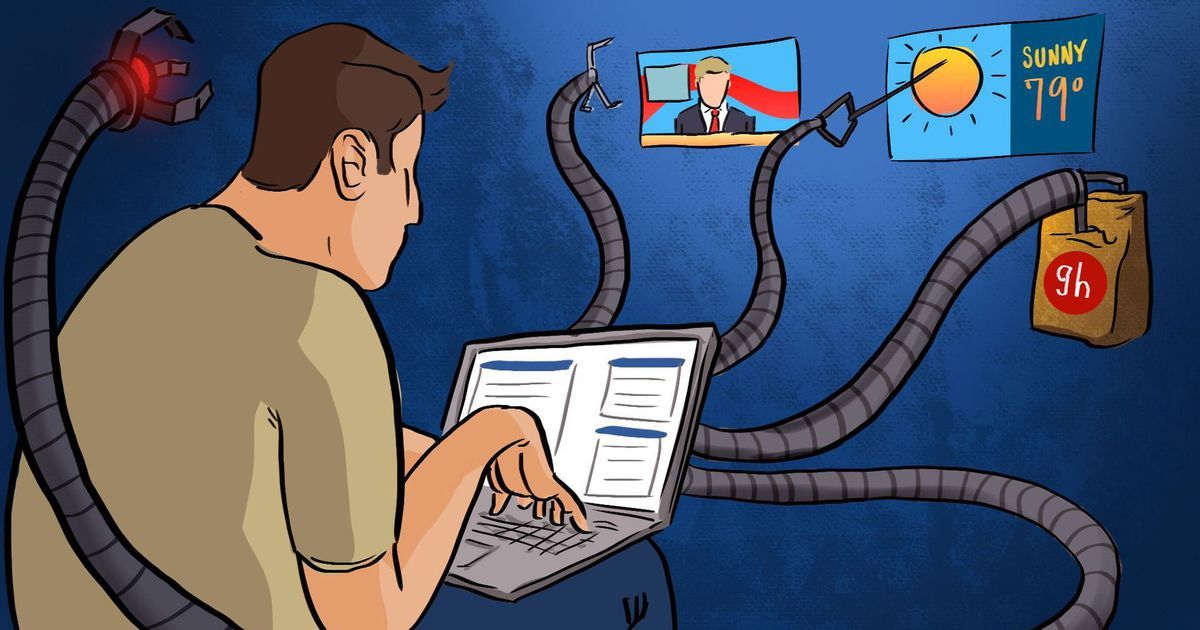
Recognizing the importance of biofuels to energy and climate security, the U.S. Department of Energy has announced up to $90 million in project funding focused on designing, constructing and operating integrated biorefinery facilities. The production of biofuels from sustainable, non-food, domestic biomass resources is an important strategy to meet the Administration’s goals to reduce carbon emissions and our dependence on imported oil.
Project Development for Pilot and Demonstration Scale Manufacturing of Biofuels, Bioproducts, and Biopower is a funding opportunity meant to assist in the construction of bioenergy infrastructure to integrate cutting-edge pretreatment, process, and convergence technologies. Biorefineries are modeled after petroleum refineries, but use domestic biomass sources instead of crude oil, or other fossil fuels to produce biofuels, bioproducts, and biopower. They convert biomass feedstocks—the plant and algal materials used to derive fuels like ethanol, butanol, biodiesel and other hydrocarbon fuels—to another form of fuel or energy product. This funding will support efforts to improve and demonstrate processes that break down complex biomass feedstocks and convert them to gasoline, diesel and jet fuel, as well as plastics and chemicals.
“The domestic bio-industry could play an important part in the growing clean energy economy and in reducing American dependence on imported oil,” said Lynn Orr, DOE’s under secretary for science and energy. “This funding opportunity will support companies that are working to advance current technologies and help them overcome existing challenges in bioenergy so the industry can meet its full potential.”
Continue reading “DOE opens funding opportunity for biofuels, bioproducts, biopower” »
















